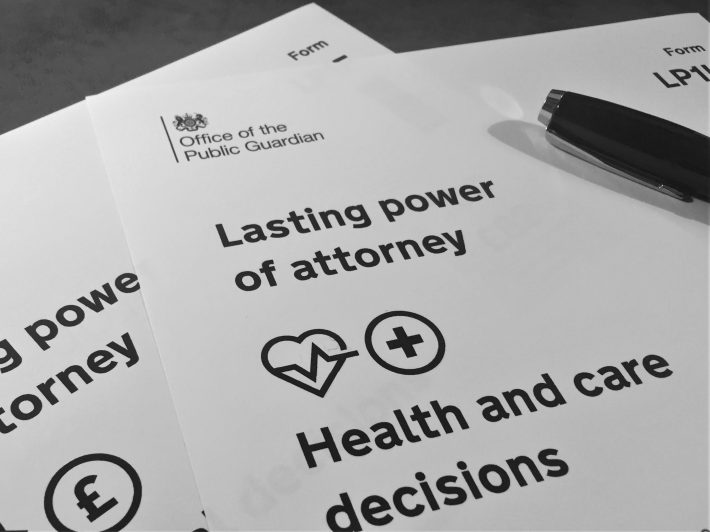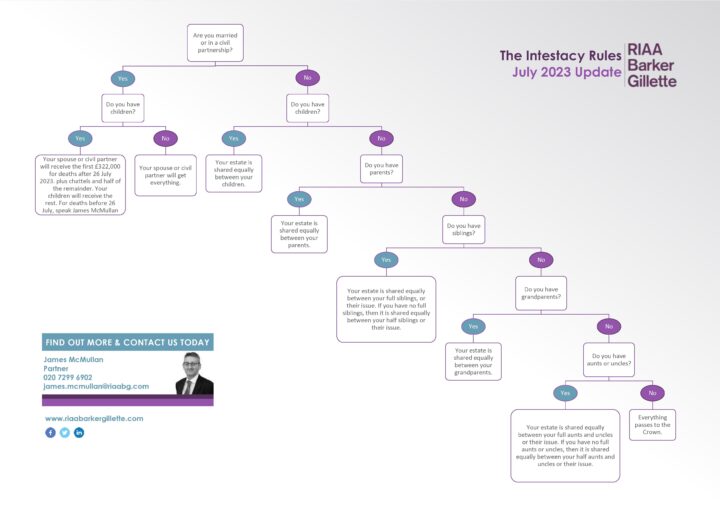Office banter or a breach of the Equality Act 2010?
You might think that an Employment Tribunal would frown upon office banter. However, background context is often crucial, and evidence of ‘banter’ in some circumstances can protect an employer from a discrimination claim by helping them to explain what could otherwise be seen as discriminatory conduct.
Let’s look at the law
The Equality Act 2010 (the Act) views discrimination in terms of specific protected characteristics:
- Age
- Disability
- Gender reassignment
- Marriage and civil partnership
- Pregnancy and maternity
- Race
- Religion or belief
- Sex and sexual orientation.
Note with a discrimination claim; the claimant does not need any minimum length of service to bring a claim.
Harassment
The concept of harassment can be applied to all parts of the Act (i.e., the protected characteristics) except pregnancy, maternity, marriage, and civil partnership.
The definition of harassment under the Act is as follows:
“a person (A) harasses another (B) if A engages in unwanted conduct related to a relevant protected characteristic which has the purpose or effect of either:
(i) violating B’s dignity; or
(ii) creating an intimidating, hostile, degrading, humiliating or offensive environment for B”.
When deciding if conduct should be regarded as having the effect of either (i) or (ii) above, the following aspects are considered:
- the perception of B;
- the other circumstances of the case; and
- whether it is reasonable for the conduct to have that effect.
In law, a one-off incident can amount to harassment, and the victim need not have made the perpetrator aware that the conduct was unwanted.
Let’s look at a recent case
In the case of Evans v Xactly Corporation Limited, the Claimant was a sales representative and alleged that being called a “fat ginger pikey” raised claims under the Act.
He alleged that being referred to as “fat” was both harassment and discrimination due to his disability (he relied on conditions caused by an overactive thyroid and type 1 diabetes) and alleged a race discrimination complaint around the use of the word “pikey”, which was based on his association with the travelling community.
In considering the test set out in the Act, the Tribunal found that the office culture was one where teasing and banter were common. It found that the Claimant would often reply in kind, calling one colleague a “fat paddy”. Other phrases bandied about included “salad dodger” and “fat Yoda”.
The Tribunal noted that understanding the context in which behaviour occurs can be crucial to understanding its meaning, and both the Employment Tribunal and Employment Appeal Tribunal concluded that the comments complained of did not amount to harassment under the Act.
They found that:
“…the office culture was of jibing and teasing; a way of operating which appears not to be unusual for competitive sales people working under stress to achieve their targets.”
And that:
“…the Claimant was an active participant in inappropriate comments and behaviour in the workplace and seemingly comfortable with the office culture and environment.”
Therefore, the comments in question did not have the effect of violating his dignity. However, the Tribunal conceded that:
“In other contexts and circumstances they might have done, but harassment claims are highly fact sensitive and context specific.”
Let’s sum up
This case should certainly not be viewed as a green light for employers to think that such an office culture is acceptable or without problems. The safest route, by far, is for employers to ensure that their workplace environment is professional, respectful and free of offensive comments, no matter how well intended.

